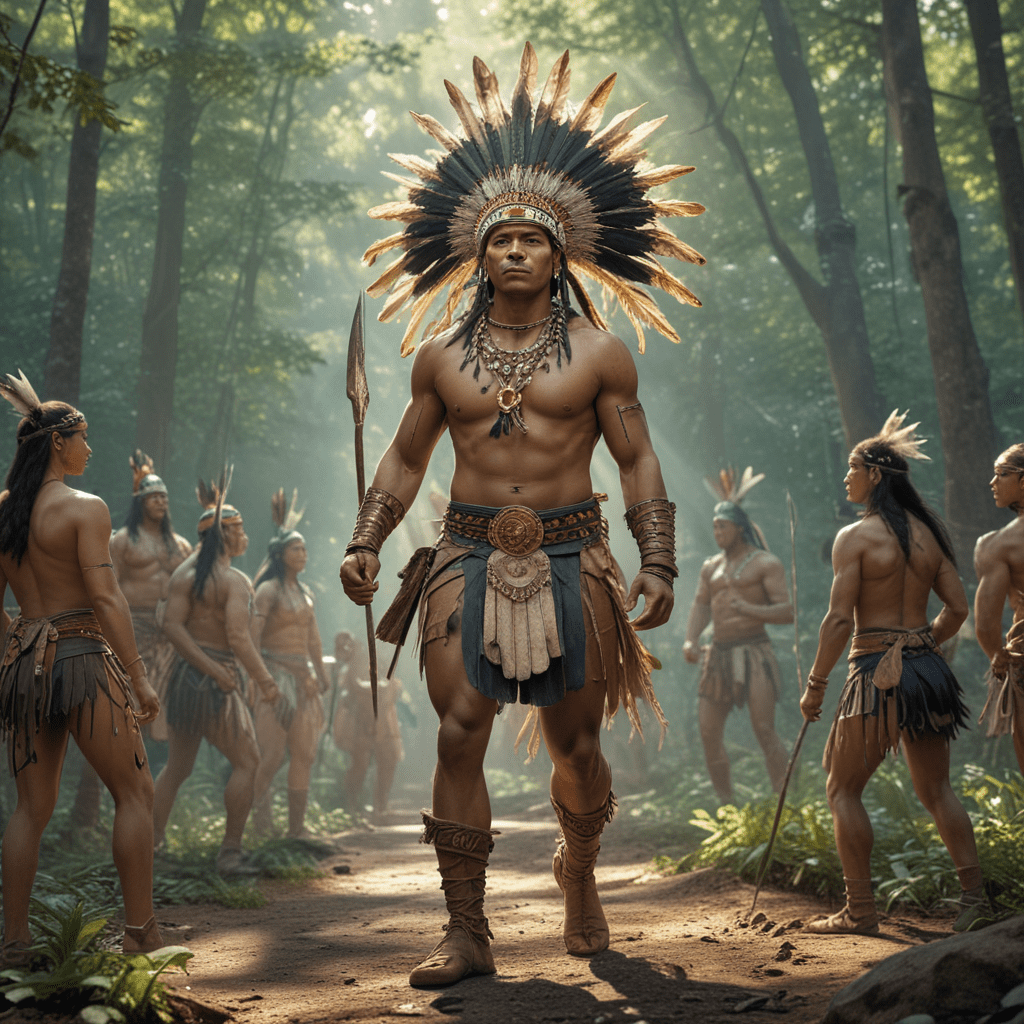The Mythology of the Iroquois Confederacy
The Iroquois Confederacy was a powerful and influential alliance of Native American nations that existed in the northeastern United States for centuries. Their mythology is rich and varied, encompassing a complex web of beliefs and traditions.
1. The Creation Myth
The Iroquois creation myth tells of a time when the world was covered in darkness. The Creator, known as Sky Woman, fell from the sky and landed on the back of a giant turtle. She brought with her the seeds of plants and the animals of the earth. Sky Woman created the first humans, the Iroquois people, and taught them how to live in harmony with the natural world.
2. The Great Spirit and the Spirit Beings
The Iroquois believed in a single, all-powerful Great Spirit who created the universe and everything in it. They also believed in a vast pantheon of spirit beings, each of whom had a specific role to play in the natural world. Some of the most important spirit beings included the Thunderers, who controlled the weather, and the False Faces, who protected against evil spirits.
3. The Role of Animals in Iroquois Mythology
Animals played a vital role in Iroquois mythology. Many animals were considered to be sacred, and they were often featured in stories, songs, and dances. The Iroquois believed that animals had their own spirits, and that they could communicate with humans and provide them with guidance and protection.
4. The Great Tree of Peace
The Great Tree of Peace is a central symbol in Iroquois mythology. It is said to be the tree from which Sky Woman descended to create the world. The Great Tree represents the peace and harmony that the Iroquois Confederation strives for. It is also a symbol of the Iroquois people's connection to the natural world.
5. The War Chief and the Peacemaker
The Iroquois Confederacy was governed by two leaders, the War Chief and the Peacemaker. The War Chief was responsible for leading the Confederacy in times of war, while the Peacemaker was responsible for maintaining peace and harmony within the Confederacy. The Peacemaker was also responsible for appointing the War Chief.




